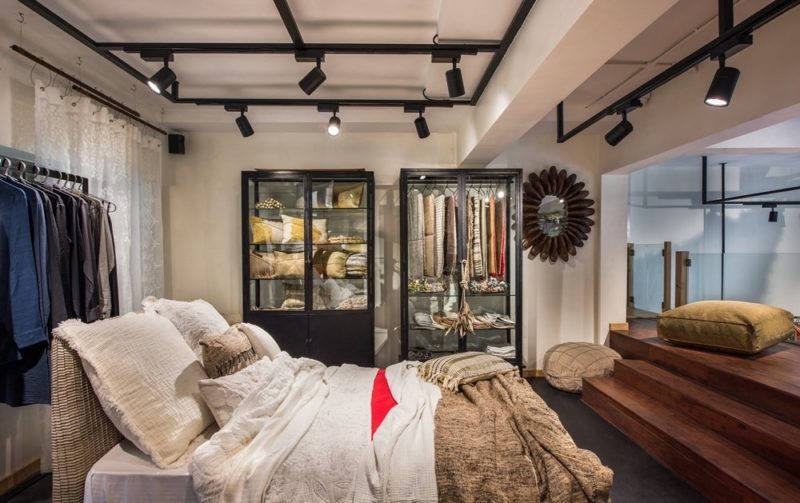Building on traditions (Guest Column)
Shades of India
New Delhi (IANS) – (IANSlife) India has a special relationship with textiles, entrenched in its history and inspiring in its sheer diversity. Each state has a unique handcrafting heritage related to textiles – whether it is in pattern,weaving or natural dyeing processes.
Working with traditional crafts with the sole aim of providing them a contemporary medium, Shades of India over the past 20 years has collaborated with many artisan groups – changing their designs to meet consumer needs, moderating their colour palettes and providing them access to international markets. And our love and passion for textiles has provided us many learning opportunities.
Weaving a legacy
Handlooms are dependent on forces of nature and therefore differ in colour and texture. Some challenges through the years have been in lending them consistency. For example, around 15 years ago, we came upon a craft group in Tamil Nadu that created temple paintings on cloth using a wonderful palette of natural colours that included red, indigo, yellow and green. But demand for their work was falling. We proposed using their colours and fabric to create bold, abstract designs for table cloths, and the samples were breathtakingly beautiful.
We went on to show them at an international trade fair and got an enthusiastic response and good orders. But the timing was such that the production fell in a period after the rains. In the product that came out ultimately, the colours had different tones and were often blotchy, and led to many rejections.
Consistency is often affected by practical issues of a misunderstanding of designs, weather, or a different tempo of work, which is determined by harvest seasons, festivals or weddings. Never discouraged, we have worked with Indian craft groups incorporating their traditional crafts and techniques – like muslin and khadi weaving from Bengal; and woollen shawl and rug making from Uttarakhand and Ladakh; embroidery such as chikan and mukesh work from Rampur and Lucknow; kantha from Assam; and zardozi from UP; and surface treatments and printing techniques such ajrak from Kutch; tie and dye from Kutch; resist printing from outside Jaipur – to create contemporary functional designs.
Another challenge is to take forward artisanal techniques to modern times while keeping the heritage alive. To address that we have set up temporary craft centres that also help women engaged in these crafts with a source of income or employment.
Traditional crafts taking contemporary form
The rich diversity Indian textiles drives us to keep moving forward and to keep creating – by merging functionality with decoration, balancing art and utility, and finding a middle ground between being coveted and consumer-friendly. By giving them a contemporary form in our own unique voice, we have enabled traditional crafts not only suit modern lifestyles, but also tell stories.
Fashion and art share a deep intimacy. We aim to provide a modern platform to artistic expression through mastery of design, colour and technique. Each piece is one to hold close and pass on to future generations. The strength of India’s textile tradition lies in this unbelievable variety. Its continuity lies in giving it a contemporary interpretation.
(David Housego is the Chairman of Shades of India, a design house based in Delhi, with a unique textile footprint and legacy.)
–IANS
david/rtp/lh/sj/
Disclaimer: Validity of the above story is for 7 Days from original date of publishing. Source: AFP.


